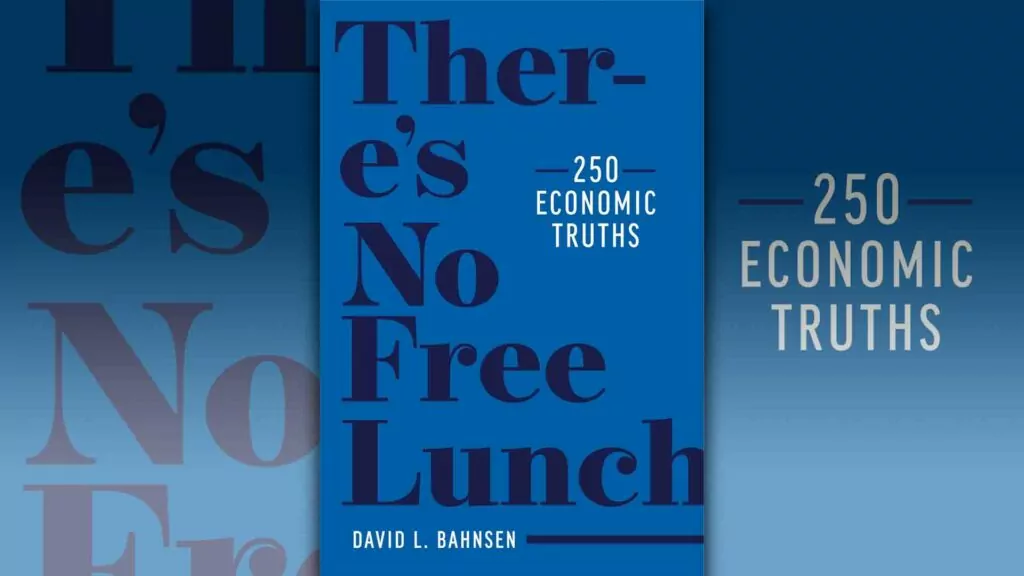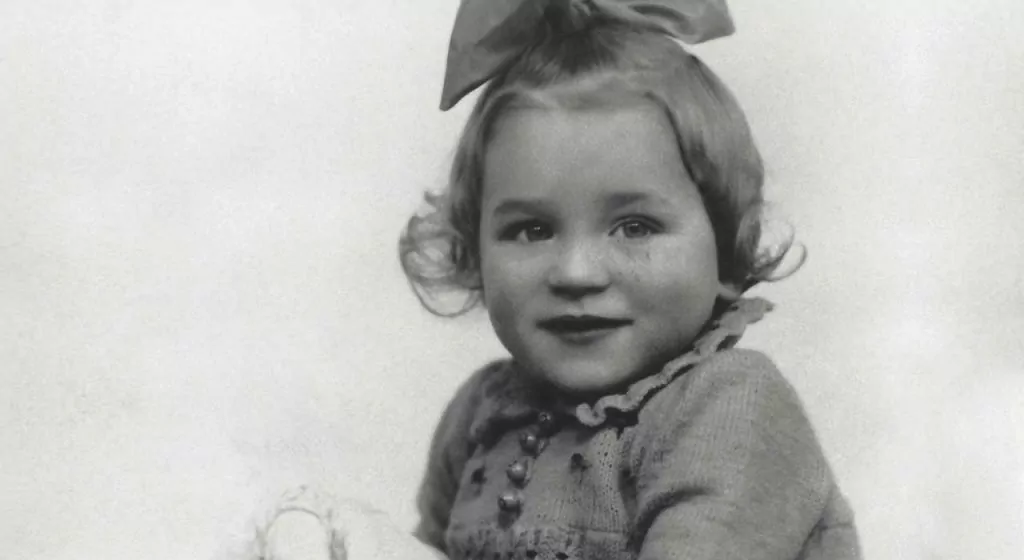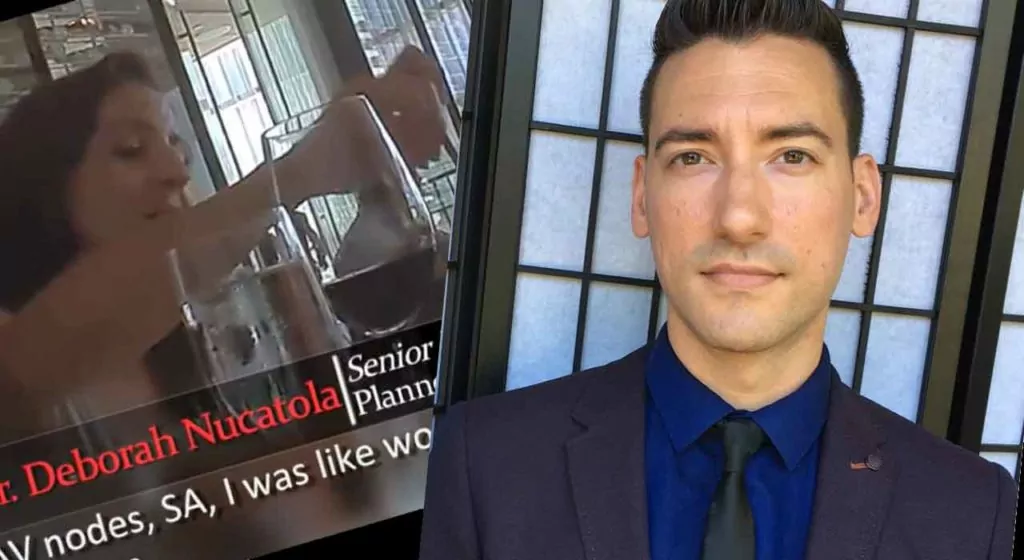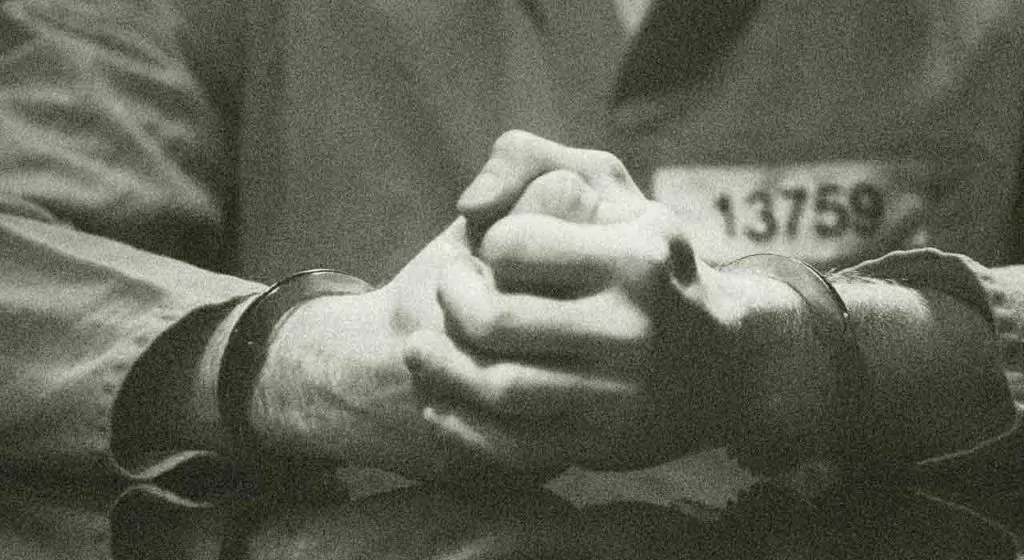Raising a family to hunt
What hunting can teach a family about life, death, and keeping things in their proper place
*****
I put my vehicle into four-wheel drive before attempting to climb the driveway to the home of Rick and Chelsey Ewald, perched on the side of Tyee Mountain, just outside of Smithers, BC. Their property is steep and treed, but they carved out a large enough area to build a home and establish a hobby farm. They’re raising a small herd of goats with a new batch of kids set to be born any day.
With their own kids tucked in bed, the Ewalds seated me in their living room. A large shelf of flower seedlings was growing under lights next to the window, a clue to me that the plant’s owners were eagerly anticipating spring. Looking up to the vaulted ceiling, my eyes were drawn to a mounted Canadian lynx that seemed almost alive, as well as a set of moose antlers and a remarkable mountain goat mount.
Since moving back to this part of the province over ten years ago, I have been struck by how many homes display antlers and animal mounts of all kinds, a reminder of the important role that hunting has played here for generations.
Hunting was the reason I met with the Ewalds that evening. I knew that it was important to both Rick and Chelsey and I wanted to understand why they valued it and why they wanted to instill a similar love in their children.
But the interest wasn’t just for myself. I’m aware that most Christians growing up in Canada today live in urban or suburban areas and associate guns and weapons with trouble, something to keep a healthy distance away from. In an age where we can get plenty of food at Costco or Superstore, isn’t it time that we moved beyond those old redneck ways?
Living back in the north and raising my own family here, I have seen many examples of individuals and families that I greatly respect who are hunters. I have also noticed that hunting has been making a comeback in popularity, even in the cities, thanks in part to YouTube channels like MeatEater, and an increased yearning to go back to the basics.
Similar to my story about living in a tiny home, my hope with this story (and hopefully more to come), is that the body of Christ seeks to understand why others choose to live as they are, even if it looks quite different than what we are used to.
From an early age
Although Rick hunted most of his life and even worked as a professional hunting guide for nine years, the couple agrees that Chelsey is the most committed hunter of the two. This started already as a little girl.
“We grew up on moose meat. That was our staple,” shared Chelsey. “The importance of dad going out and hunting and getting a moose was huge for our family.”
Chelsey said she was given many opportunities to hunt as a girl and would always jump on it. She met a lot of other hunters through her dad and her brothers. She was given a coonhound by one of these friends and invited to join them when they hunted bears and wild cats. “That’s my lynx up there,” she pointed to the beautiful cat that I noticed when I first sat down. “I cherish adventures. That’s a part of who I am. And I think that plays into it. Those are such strong memories from our childhood, that were so positive and so exciting,” she explained. “It could easily take over my life if I let it.”
It was a similar story for Rick. “I started pretty much as soon as I could walk,” he shared. He and his siblings would hop in the vehicle with their dad, or go for long walks in the wilderness, on the lookout for wild game.
“Starting out, we would just watch my dad and he'd be the one who would shoot the grouse. And then we got to help clean them and then eat them.” Grouse are wild birds that are a little smaller than a chicken, and tend to be the easiest animal to hunt. It is common for boys in the area to grow up with a pellet gun (a type of air rifle that doesn’t require a licence to buy or use) to hunt rabbits and grouse.
Training required
In BC, you have to be ten years old to hunt legally, and be accompanied by an adult. Around that age Chelsey learned how to shoot for sport. Since their family lived in town, her dad Willie Hofsink and his friend Joe Hamelink would take a bunch of kids into the bush where they would set up targets and practice for hunting season. The adults would shoot their big guns, and set up some pop cans for the kids to practice on with theirs.
In addition to being old enough, in BC you also need to pass a Conservation and Outdoor Recreation Education (CORE) course, which involves rigorous study about the animals, outdoor ethics, government regulations, and the safe handling of a wide variety of firearms and ammunition. This requires an experienced teacher and usually takes a couple of weekends, followed by both a written and a practical test.
Chelsey’s dad organized a CORE course for her and a bunch of other youth while they were still in elementary school, so that they wouldn’t have to take it on Sundays. I took the same course and look back on the experience with very fond memories. Although I never really became a hunter myself (besides taking my kids out to look for grouse), I believe that everyone would benefit from the education. It further instilled a deep respect for God’s creation and taught me the safe handling of a firearm, something that I would not have received training in otherwise.
To be able to purchase a gun or ammunition in BC, you also need a Possession and Authorization Licence (PAL), which is similar to the CORE course but involves more hands-on training with the firearms. Each province has different requirements for obtaining a permit to hunt and use a firearm.
Getting the right licences is just the start. To then hunt animals requires getting a permit for most species (called a tag). Depending on the animal, that can either be purchased for a nominal fee, or requires entry in a lottery system, to manage the number that are harvested.
And even when a tag is obtained, there are a host of requirements that a hunter needs to be aware of relating to the sex, age, location, and quantity of the animal. “You have to have the wisdom and the knowledge,” explained Chelsey. “And then there’s a lifetime of experience that you have to grow into,” added Rick. That is why it is so important to find a mentor or “hunting buddy,” which can be the most challenging and rewarding part of becoming a successful hunter.
Providing sustenance, fresh air, and life education
Talking with Rick and Chelsey, I was reminded that there are many different reasons why someone would want to hunt, and this also leads to different choices about what kind of animal to hunt.
For their family, a primary motivation is simply to feed their family. “Generally the animals that we hunt are the animals that we eat,” said Chelsey. “One moose for our family will last us for a full year” and results in a freezer full of meat. “It’s probably 80% of our yearly eating and usually five out of seven meals.” This includes moose, bear, mountain goat, and grouse, which “is basically like our chicken.”
They recognize that this doesn’t save them money. Between the costs of hunting and the time it requires, they figure they probably come out even with those who buy all their meat from a store.
A deeper motivation is to get their family outdoors, “enjoying creation,” explained Rick. “The different places and things we get to see, and we get to share it with our kids.”
“And every time you go out it’s different,” added Chelsey. “It’s just pretty out there.”
Hunting provides a reason to get their family into creation. Their children join them on the drives, taking their toy binoculars to look for animals. “The experience of going to the Babine River when the fish are spawning, and the kids seeing the grizzly bears fishing is pretty awesome,” noted Rick.
Rick was away when Chelsey shot their last moose, with all her children with her. Her youngest was just four months old at the time, and she carried him on her front in a pack. Thankfully, Chelsey’s dad was with her, so he took care of cleaning the moose. Her children Milo and Cassie helped their grandpa, each holding one of the moose’s legs while he dressed and cleaned the carcass and got ready to load it up and take it home. This made quite the impact on the children. “It’s great bonding,” she reflected.
“Cassie and Milo still talk about how much fun they had with Grandpa and the moose. For us, it’s definitely multigenerational for our family and we’re praying and hoping that hunting continues for our family.”
It isn’t only the adults who reminisce. Even their three-year-old son Luke points excitedly down the road to where he and Grandpa go to see the grizzly bears, often recalling the experience. “He gets so excited about this one-on-one time,” commented Chelsey.
The family is intentional about taking a lot of pictures to preserve these memories, posting them on a large bulletin board that spans from their floor to their ceiling. They see their outings as adventures rather than just a hunting trip.
Their motivations for hunting go beyond their own family. Rick gave the example of wolf hunting. “Most hunters are pro shooting wolves because wolves have a high kill rate for moose,” he explained. There have been more and more wolves, and they don’t have any animals that prey on them. “So it's on us, if we want to help keep a balance, you do have to target the predators as well.” For Rick, Chelsey, and many others, hunting wolves is considered a wildlife management strategy. “There’s whole branches of the government that are supposed to be doing that job,” Rick explained. “And so then we try to work with that.”
Wildlife management also dictates the numbers that hunters are allowed to harvest. The government then surveys hunters to see how many animals they actually harvested.
Understanding life and death
I asked Rick and Chelsey how they would respond to a reader who lives in a city like Toronto and finds the idea of owning a gun and killing an animal hard to understand or even repulsive.
“For us it is a lifestyle choice,” acknowledged Chelsey. “You don’t have to hunt.” But she proceeded to explain why she believes it is okay for people to hunt, going back to creation and how God made humanity different from the animals.
“And we were given the task to manage and use,” added Rick. When God was blessing Noah after the flood, He specifically gave the animals to mankind as their food (Gen. 9:2,3). Chelsey clarified that a biblical ethic also means that they are going to be careful not to wound an animal if at all possible. “It is part of doing a job well,” added Rick.
“Guns are a tool we use. And we have to take responsibility for storing them well and using them well,” noted Rick. “You follow the rules and keep them locked up where they need to be locked up. And as well we teach our kids responsibility when they are around them.”
I didn’t expect the conversation to then take a turn into something much deeper.
“There are consequences,” explained Chelsey. “ understand death already…They know what life was and they know what death is from hunting.” This is something the children also learned from helping out on their hobby farm. “Their life is immersed in life and death and the full understanding of it. And I find that to be huge on our kids just to understand that it’s not something to take lightly. And it does hurt when things don’t go well.”
Chelsey shared that the first time their daughter Cassie saw a shot grouse, she cradled it and was walking around with it and wouldn’t let it go. “You’re allowed to,” she told Cassie. “But we are going to eat that. But if you feel the need to snuggle it for a little while, you’re allowed to do that.”
“That is a blessing of living in the country, on a farm and hunting,” added Rick. “The idea of life and death is a lot more real. In some ways, if you live in a city, there’s a lot of protective shields.” In contrast, “whether you’re hunting or just living in the country, you’re a lot more on your own. And you have to understand things a little bit more. There are less protected areas. And I think that is a blessing in some ways, but it is also in some ways more dangerous.”
Buying a box of frozen hamburgers or getting an order of chicken wings doesn’t evoke the same visceral reaction in the minds of most readers as the idea of killing an animal in the wild, even though the animals are killed for our consumption in both instances. The difference is simply that a few layers of separation exist between the person buying the meat from a supermarket.
To take this a step further, although it is easy for people to speak about being “environmentally conscious,” and to look down on hunters and those working in the forest industry, my experience from living in a rural community is that the hunters and forestry workers are some of the most environmentally conscious and caring people I know because there aren’t so many “protective shields” between them and nature. Eating a chicken burger and living in a wood-framed home requires that someone else is harvesting the animals and wood on your behalf.
Putting hunting in its proper place
As much as they care about the activity, the Ewalds have learned that for it to be a blessing, it needs to stay in its proper place, with firm boundaries to protect aspects of life that matter more.
Rick learned this lesson after serving as a hunting guide for nine years. “A big part of the reason why I quit guiding was that I didn’t have a good purpose in my life…It was all about hunting, and that was it.” This came to a head when he got married to Chelsey, as he didn’t appreciate the competition between hunting and his marriage and family. He also came to see that it was even competing with his faith, as he was working seven days a week through the hunting season.
Rick acknowledged that it wasn’t a healthy way to live, and he now sees that it is an issue that others struggle with too. He brought up the example of some avid fishers who fished so much that they got to the point where they had to quit it altogether. “If they would have figured out a way of regulating themselves properly, they would have enjoyed it way more and would have been able to continue.”
Chelsey added that they have seen examples where some men push aside their family life during hunting season, making hunting their identity during that time. “And that’s something that neither of us want to happen.” They hold each other accountable and keep the focus on their children and family.
“Taking our faith life seriously requires a certain amount of boundaries,” she added, pointing specifically to their firm rule to not hunt on Sundays. “God will provide for us one way or another, whether we get that animal or not. Trust really comes into play.”
Rick proceeded to point out a very large sign on their wall with the verse from Joshua 24:15 “As for me and my house, we will serve the LORD.”
“We use that as a reflection on ourselves to guide what we are going to do,” emphasized Rick. Chelsey explained that is why they made it so big and bold. “It has become a staple in our house…and really helped to focus us, especially in times where we seem to struggle.”
The hunting guides knew that they too needed to be guided....































































